The transfer of wealth from the Greatest Generation and Baby Boomers to younger generations is reaching historic proportions. As a result, many younger Baby Boomers, Gen Xers, and even Millennials are finding themselves inheriting valuable real estate. This windfall can be both exciting and overwhelming. One of the key decisions heirs face is what to do with the inherited property. Should they keep it, sell it, or explore other options? This blog post will explore a powerful tool that can be particularly helpful for those inheriting investment property: the 1031 exchange.
Challenges Faced by Heirs
Inheriting property can be a complex situation. The emotional attachment to a family home can make decisions around selling it difficult. There are also practical considerations, such as the ongoing costs of maintaining the property, potential rental income, and the property’s alignment with the heir’s financial goals. Sometimes, selling the inherited property seems like the most straightforward option. However, selling an asset that has likely appreciated significantly in value can trigger a substantial capital gains tax burden. This is where a 1031 exchange comes in.
Introducing the 1031 Exchange
A 1031 exchange, named after Section 1031 of the U.S. Internal Revenue Code, allows investors to defer capital gains taxes when selling investment property and reinvesting the proceeds into a like-kind property. In simpler terms, if you sell an investment property and use the money to buy another similar property within a specific timeframe, you can postpone paying capital gains taxes on the sale.
Benefits of a 1031 Exchange for Heirs
There are several compelling reasons why a 1031 exchange can be a valuable strategy for heirs inheriting investment property.
- Tax Deferral: This is perhaps the most significant benefit. By deferring capital gains taxes, heirs can potentially save a significant amount of money. This frees up capital that can be reinvested in the new property, further growing their wealth.
- Investment Opportunities: A 1031 exchange allows heirs to use the proceeds from the sale of the inherited property to invest in a like-kind property that better aligns with their investment goals. For example, they might choose a property in a different location with higher rental income potential or lower maintenance costs.
- Flexibility: A 1031 exchange offers heirs some flexibility in choosing a replacement property. The IRS allows for a certain range of “like-kind” properties, providing heirs with options to find an investment that meets their specific needs.
Considerations for Heirs
Before deciding if a 1031 exchange is the right strategy, it’s important for heirs to consider a few things:
- Basis vs. Sale Price: The concept of basis is crucial in determining capital gains taxes. Inherited property often receives a “stepped-up basis” to its fair market value at the time of inheritance. This means the heir’s basis in the property is typically higher than the original owner’s basis. If the sale price is close to, or even lower than, the stepped-up basis, there may be minimal capital gains tax to defer, making a 1031 exchange less relevant.
- Time Constraints: There are strict deadlines associated with a 1031 exchange. Heirs must identify potential replacement properties within 45 days of selling the inherited property and close on the purchase of the replacement property within 180 days. Missing these deadlines can disqualify the exchange, resulting in capital gains taxes being owed.
Conclusion
Inheriting investment property can be a significant financial opportunity. A 1031 exchange offers heirs a powerful tool to defer capital gains taxes and potentially grow their wealth. However, it’s important to carefully consider the specific circumstances, including the stepped-up basis and the strict timeframes involved. Consulting with a qualified intermediary and a tax advisor can help heirs determine if a 1031 exchange is the right strategy for their situation.
Ready to Discuss Your Options?
WealthBuilder 1031 has a team of experienced professionals who can help heirs navigate the complexities of 1031 exchanges for inherited property. We understand the challenges and opportunities that heirs face and can guide them through the process to maximize their financial benefits. Contact WealthBuilder 1031 today for a free consultation. Call us at 888-508-1901 and let’s discuss your options.

Real Estate Agents and 1031 Exchanges: A Crucial Partnership

Yes, You Can Finance Your 1031 Exchange Property – Here’s How



